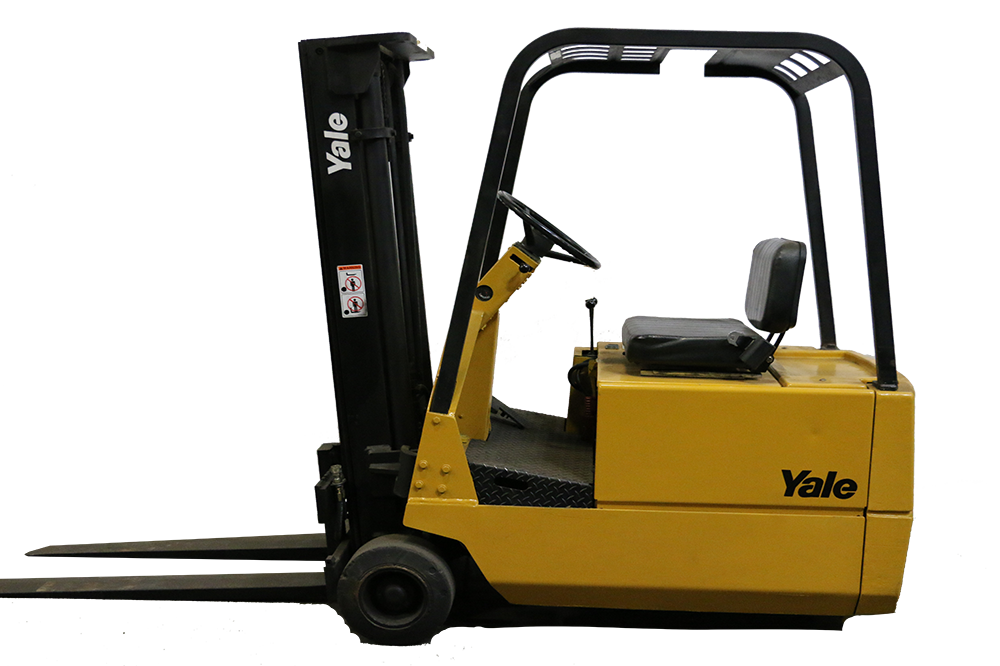Forklifts play a crucial role in various industries, particularly in warehousing, logistics, manufacturing, and construction. They can handle large volumes of materials in a short time, which helps increase productivity. This efficiency translates into time savings and allows businesses to meet production and delivery deadlines more effectively. Forklifts come in various sizes and types, making them versatile for different industries and applications. From compact warehouse forklifts to heavy-duty outdoor models, they can adapt to various working environments and tasks.
Forklifts are designed with safety features, such as stability controls, operator training requirements, and safety guidelines. When operated properly, they can reduce the risk of accidents, injuries, and damage to goods, creating a safer work environment. Forklifts enable vertical stacking of materials in warehouses, maximizing storage space and improving warehouse organization. This efficient use of space can lead to cost savings on real estate and storage costs. They help to contribute to effective inventory management by facilitating swift loading and unloading of goods, enabling just-in-time inventory practices, and reducing holding times for shipments.
Forklifts can be powered by a variety of energy sources, each with its own advantages and disadvantages. Here are some of the most common energy sources for forklifts and their differences:
- Electric forklifts: These forklifts are powered by electricity and have rechargeable batteries. They are a popular choice for indoor material handling operations, as they produce no emissions and are quiet in operation. They also require less maintenance than other types of forklifts. However, they have a limited battery life and may not be suitable for heavy-duty applications.
- Propane forklifts: Propane forklifts are powered by propane gas and are often used in outdoor applications such as construction sites or agricultural facilities. They produce fewer emissions than diesel forklifts and can operate for longer periods of time than electric forklifts. However, they require a propane tank and may not be suitable for indoor use due to the emissions produced.
- Diesel forklifts: Diesel forklifts are powered by diesel fuel and are often used in outdoor applications where heavy loads need to be lifted. They have a higher lifting capacity than electric or propane forklifts and can operate for longer periods of time. However, they produce emissions and are noisy in operation. They also require more maintenance than electric forklifts.
- Gasoline forklifts: Gasoline forklifts are like diesel forklifts but are powered by gasoline instead. They are less common than other types of forklifts and are often used in outdoor applications where a diesel or propane forklift is not suitable. They produce emissions and require more maintenance than electric forklifts.
When choosing an energy source for a forklift, it's important to consider the specific application and requirements of the operation. Factors such as the lifting capacity required, the duration of use, the indoor or outdoor environment, and the emissions regulations in the area should all be considered when selecting the best energy source for a forklift.
Despite the initial investment, forklifts can lead to long-term cost savings by increasing productivity, reducing labor costs, minimizing product damage, and optimizing storage space. At American Surplus Inc. our customers save 40% to 60% off the price of buying new.
